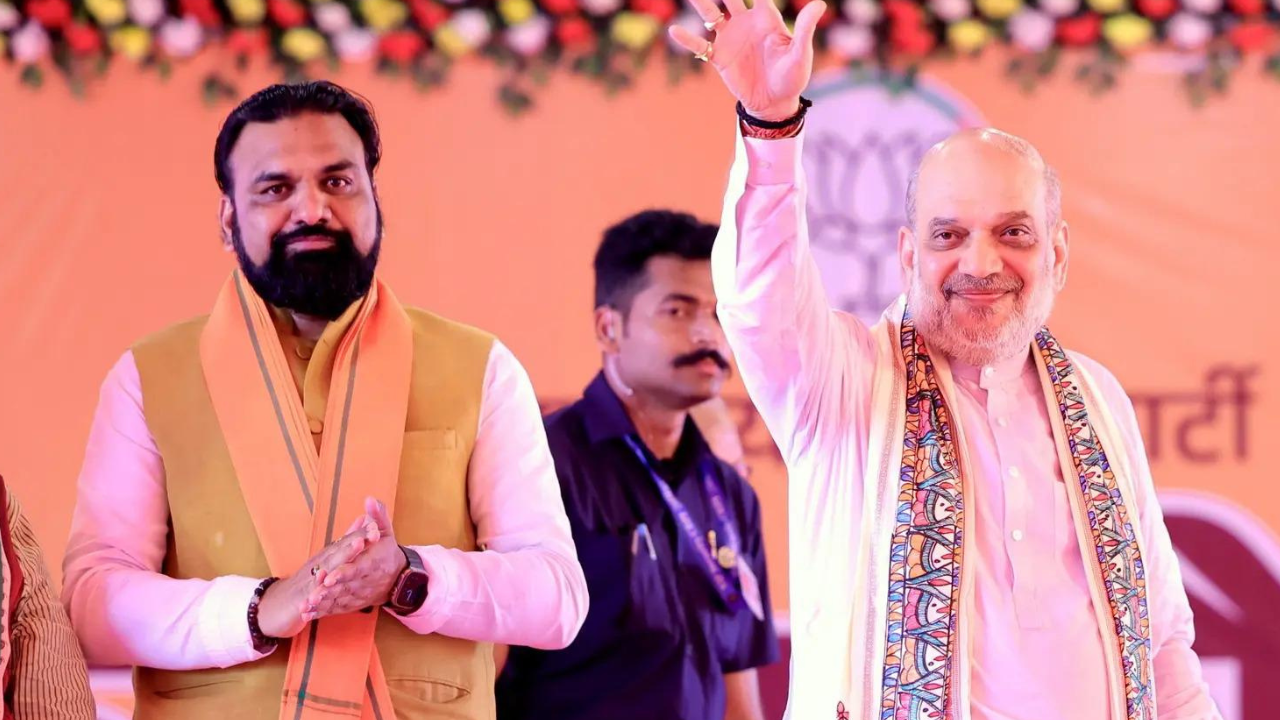Sunny Sanskari Ki Tulsi Kumari box office collection day 5: Shashank Khaitan’s romantic drama, Sunny Sanskari Ki Tulsi Kumari, opened to a mixed response from both critics and audiences, while also facing tough competition from Rishab Shetty’s Kantara Chapter 1. After showing some growth over the weekend, the film has once again witnessed a decline in collections on its first Monday.

First Monday box office collection
According to trade tracking site Sacnilk, the Varun Dhawan and Janhvi Kapoor starrer earned ₹9.25 crore on Day 1, followed by ₹5.5 crore on Day 2. Over the weekend, it saw a slight improvement, collecting ₹7.5 crore on Day 3 and ₹7.75 crore on Day 4. However, on its first Monday, the film managed to earn only ₹2.43 crore, taking its total domestic collection to ₹32.43 crore.
Talking about its worldwide earnings, Sunny Sanskari Ki Tulsi Kumari has so far managed to collect around ₹42 crore, and is yet to cross the ₹50-crore mark. This comes despite the makers introducing a Buy One Get One (BOGO) offer on Monday.
Dharma Productions announced the deal on Instagram, writing, “This season’s greatest ➕1️⃣ offer for people in love and… heartbreakers!”
About Sunny Sanskari Ki Tulsi Kumari
Directed by Shashank Khaitan and produced by Karan Johar under the Dharma Productions banner, the romantic comedy stars Varun Dhawan, Janhvi Kapoor, Rohit Saraf, and Sanya Malhotra in lead roles, alongside Akshay Oberoi, Maneish Paul, and Abhinav Sharma in pivotal roles.
The film follows Sunny (Varun Dhawan), who is left heartbroken when his girlfriend Ananya (Sanya Malhotra) succumbs to family pressure and agrees to marry the wealthy Vikram (Rohit Saraf). Vikram, in turn, abandons Tulsi (Janhvi Kapoor). Nursing their broken hearts, Sunny and Tulsi join forces to crash the wedding of their exes and reclaim their lost love. However, as chaos unfolds, an unexpected romance blossoms between them. The question remains, who will get their happy ending?
An excerpt from Hindustan Times’ review of the film reads, “The core idea of the film that nobody should have to sacrifice love due to familial pressure, is lost because the families themselves never convince you. The writing by Shashank and Ishita Moitra leans so heavily on the romances that it forgets to build the families who are supposed to shape them.”












